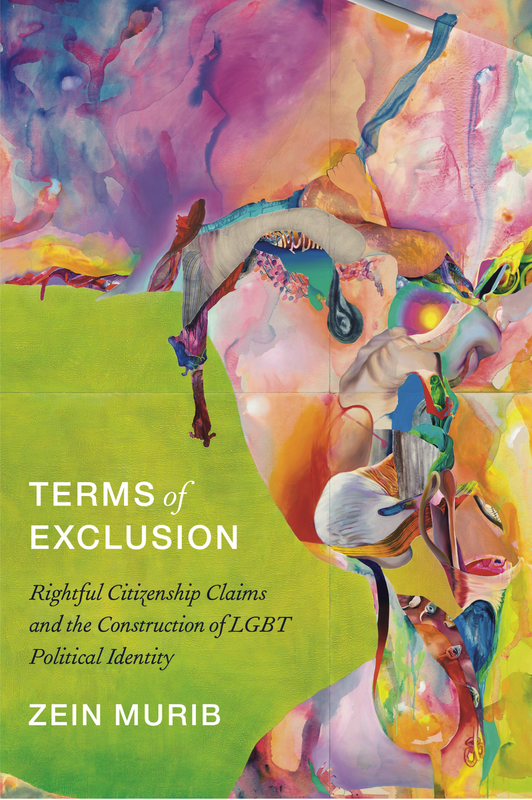|
In Terms of Exclusion, Zein Murib looks at the LGBT community in the US as it formed into an identity-based social and political group. Drawing on an extensive archive of movement documents and publications, Murib argues that the strategic use of "rightful citizenship claims," or the assertion that lesbians, gay men, bisexuals, and transgender people are owed rights as citizens, created opportunities for the recognition of white, gender-normative, monogamously partnered gay men and lesbians at the expense of other community members. The rights wins made as a result of these opportunities are celebrated as evidence of progress, even while they simultaneously foreclose representation and political gains for those members whose cross-cutting identities challenge or elude the boundaries of normative citizenship.
By focusing on the effects of mobilization tactics seeking assimilation, Murib shows that within-group marginalization is not an accident of political expediency or due to relatively fewer resources, but rather a discursive strategy employed by political actors to make a group palatable to lawmakers and the general public. Terms of Exclusion thus constitutes a significant revision to existing scholarship on LGBT politics in political science and joins a growing body of interdisciplinary work that focuses on how a seemingly benign strategy of political movements foregrounding citizenship claims entails silence and erasure for the most precarious members of the group. Like my book's cover art? Check out Ilana Sadvie's show, Radical Contradictions, at The Whitney through November 5. |
What People Are Saying
